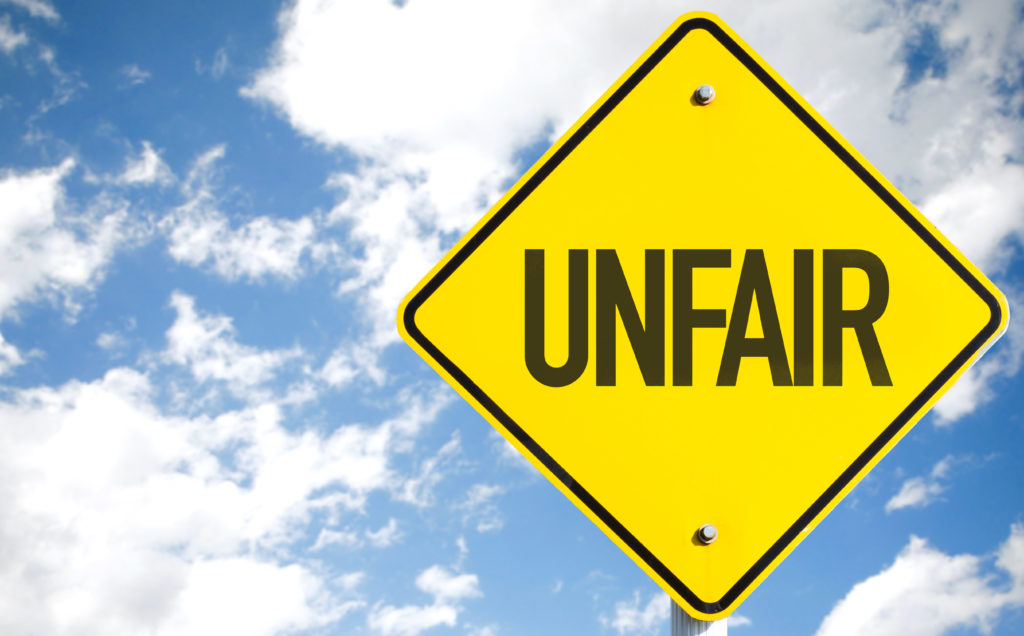We strive to give China credit for its advances when it comes to developing the rule of law and leveling the playing field for foreign businesses. Just over a week ago, we discussed how China trademarks are more useful than ever, precisely because of positive changes occurring within Chinese government agencies and courts related to intellectual property rights protection, for foreign and domestic companies alike.
But not all news about doing business in China is positive. As Fox Business reports, “in four major cases since 2020, Chinese courts granted so-called anti-suit injunctions blocking foreign companies from taking legal action anywhere in the world to protect their trade secrets.” Three of the four companies that benefited from these injunctions were Chinese.
Anti-suit injunctions (ASIs) have been around for some time. They “are typically issued by courts to prevent identical cases from playing out in multiple legal venues simultaneously.” Often, they are used to prevent a party from trying to circumvent the provisions of a contractual forum selection clause.
Chinese courts, however, are weaponizing ASIs in novel ways. ASIs are being used by Chinese courts not to enforce forum selection clauses, but to muzzle parties entirely. In one of the cases, Japanese company Sharp had sued Chinese company Oppo in Japan for patent infringement. Oppo responded with a new suit in Shenzhen, where a Chinese court gladly took jurisdiction and issued an ASI to keep all other courts at bay. That ASI provided for penalties of $1 million per week in case of noncompliance.
As recently as 2017, “there [was] no anti-suit injunction under Chinese law.” Up until that year, “Chinese courts tend[ed] to simply ignore anti-suit injunctions issued by foreign courts,” with “no record of official judicial attitude towards such kind of judicial document.” When Chinese courts stopped ignoring ASIs, it was not to enforce one, but to order a party to withdraw one filed in a different jurisdiction.
These developments highlight a stark reality of the Chinese legal system. China’s authorities and courts are lending greater protections to foreign businesses – but only when the negatively impacted Chinese parties don’t matter.
For instance, China has taken an increasingly harder line on trademark squatters. These are entities that register trademarks without any intention of using them, in the hopes of a payday when someone wants to use them (often, the actual brand owner).
Squatters are typically nobodies, and in some cases outright bad seeds doing things that are frowned upon, if not illegal. It’s not as if your average squatter will report the money made from a trademark sale on its taxes. The same goes for run-of-the-mill counterfeiters of the sort who make handbags and replica jerseys. Usually operating in the shadows, chances are they are violating other Chinese laws in addition to IP laws.
But it’s a different story when the interests of national champions like Xiaomi, Huawei and Oppo are at stake. In these instances, Chinese courts will stop at nothing to advance the interests of those parties.

























